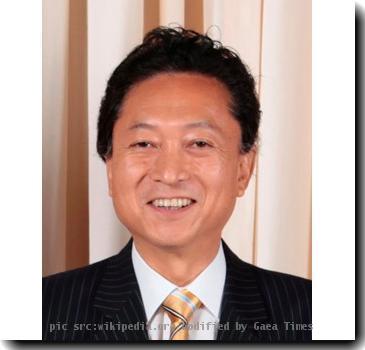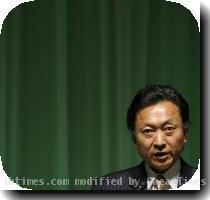Amid criticism of lax child porn laws, Japan moves toward blocking online access
By Tomoko A. Hosaka, APThursday, May 27, 2010
Japan moves toward blocking online child porn
TOKYO — Facing growing international calls to crack down on child pornography, Japan on Thursday took initial steps toward restricting Internet access to sexually explicit images of minors.
A government task force established this year agreed that child pornographic websites should be blocked immediately upon discovery, instead of waiting for an official investigation or arrests.
“Child pornography online is something that is an extreme violation of children’s rights,” the group said in its proposal Thursday.
The recommendation is expected to be approved by Prime Minister Yukio Hatoyama’s Cabinet in June as part of a package of steps that Japan hopes will quell condemnation of the country’s legal lenience toward child pornography.
While making, selling and distributing child porn are crimes here, simple possession is not. Activists and critics, including Washington, call it a legal loophole that has turned Japan into a global hub for child porn.
In its 2009 Human Rights Report, the U.S. Department of State said the absence of a law against possessing child pornography “makes it difficult for police to obtain search warrants, preventing them from effectively enforcing existing child pornography laws or participating in international law enforcement efforts in this area.”
Last year, Japanese lawmakers were on the verge of crafting a bill that would criminalize simple possession. But the effort collapsed amid political turmoil that led to the dissolution of the lower house, national elections and a new ruling party.
The Democratic Party of Japan has so far spurned legislation banning possession due to concerns over freedom of expression.
What emerged instead is the latest plan targeting Internet access, which calls for the National Police Agency and the Internet Hotline Center to work together to detect child pornography online. When material is found, Internet service providers will be obligated to promptly block the sites.
Anti-child pornography activists described the plan as a step in the right direction, though short of addressing fundamental legal flaws.
Representatives from the Japan Committee for UNICEF office called on the government Thursday to strengthen the law to meet global standards and announced a nationwide signature-gathering campaign. The number of child pornography cases is growing, and victims’ ages are creeping lower, they said.
“We’re making an appeal today to build a society without child pornography,” said Anges Chan, a UNICEF ambassador and well-known media personality in Japan. “We’re trying to build a national movement to appeal to the government to outlaw the possession of child pornography.”
Last year, the National Police Agency took action on a record 935 cases involving violations of Japan’s existing child pornography laws. The figure was a 38 percent jump from 2008 and the fifth straight year of increase.
Tags: Asia, Crimes Against Children, East Asia, Japan, Sex In Society, Tokyo, Yukio Hatoyama

